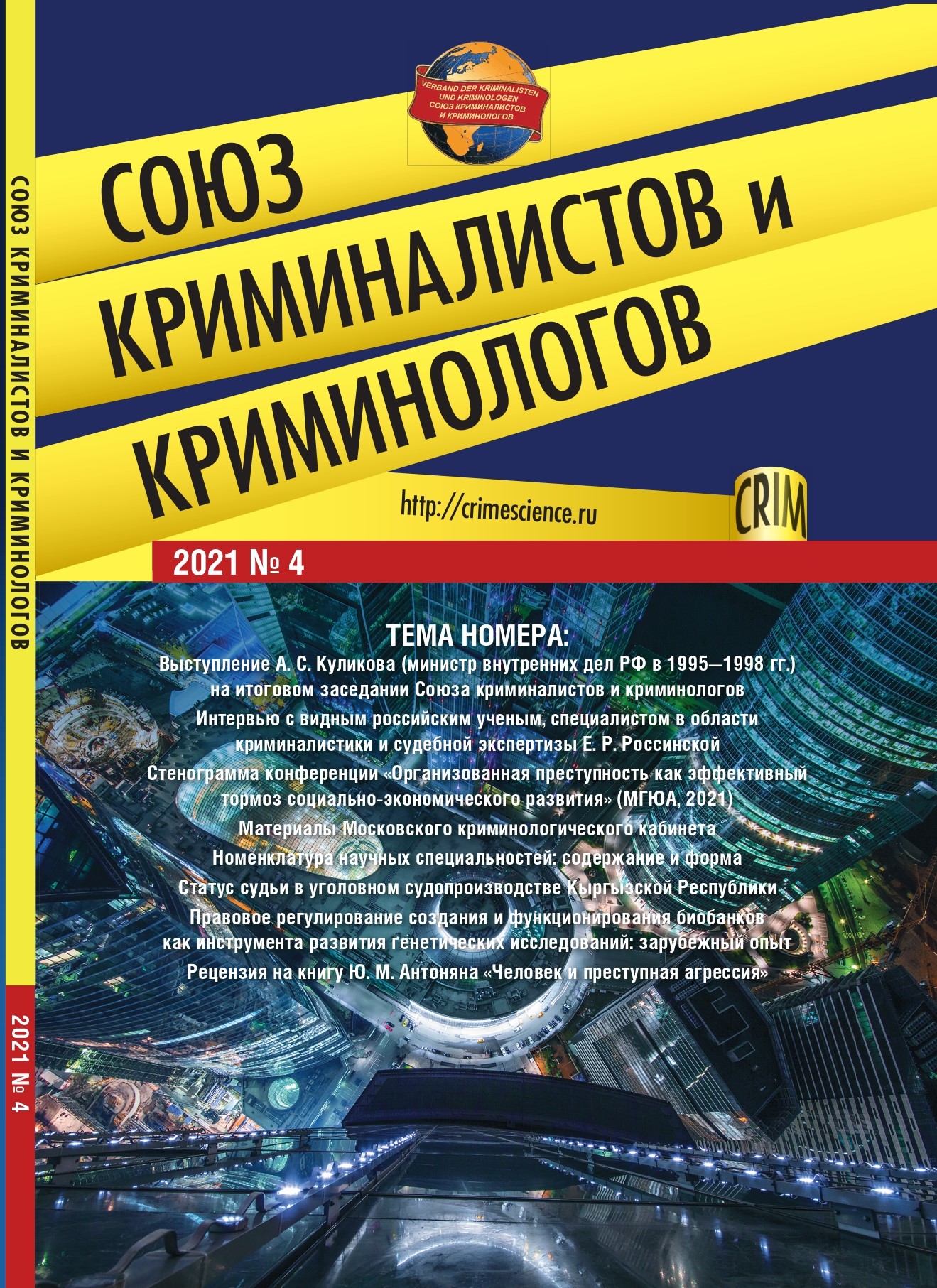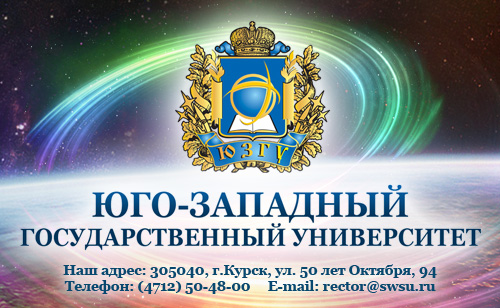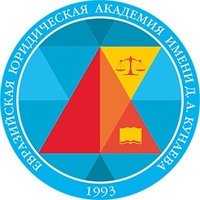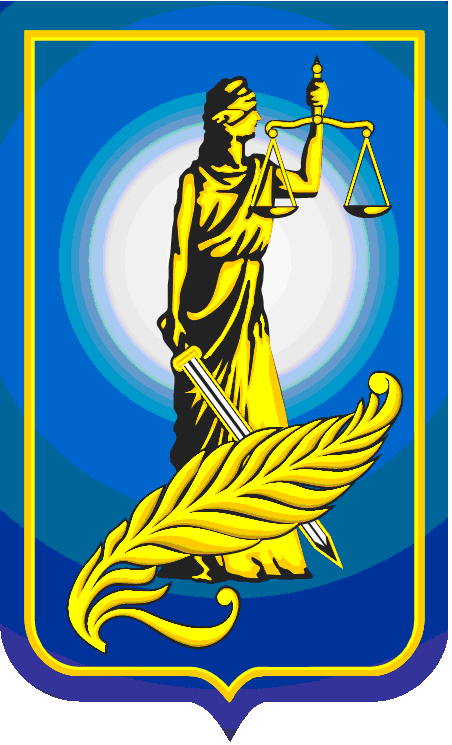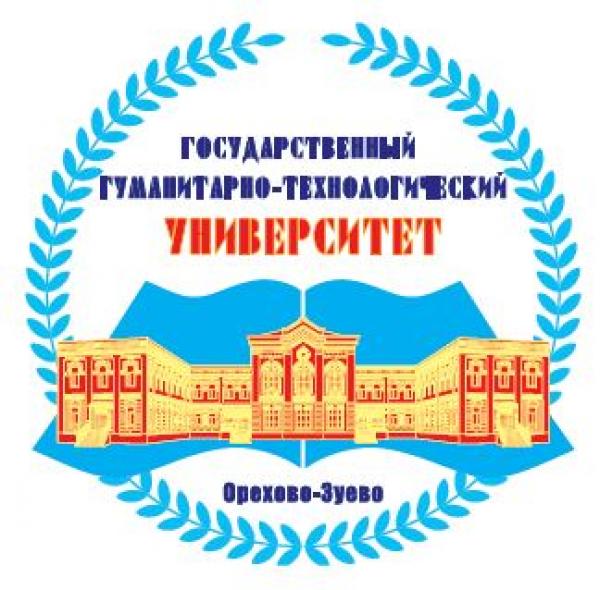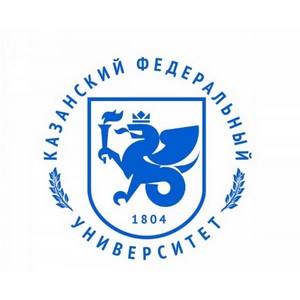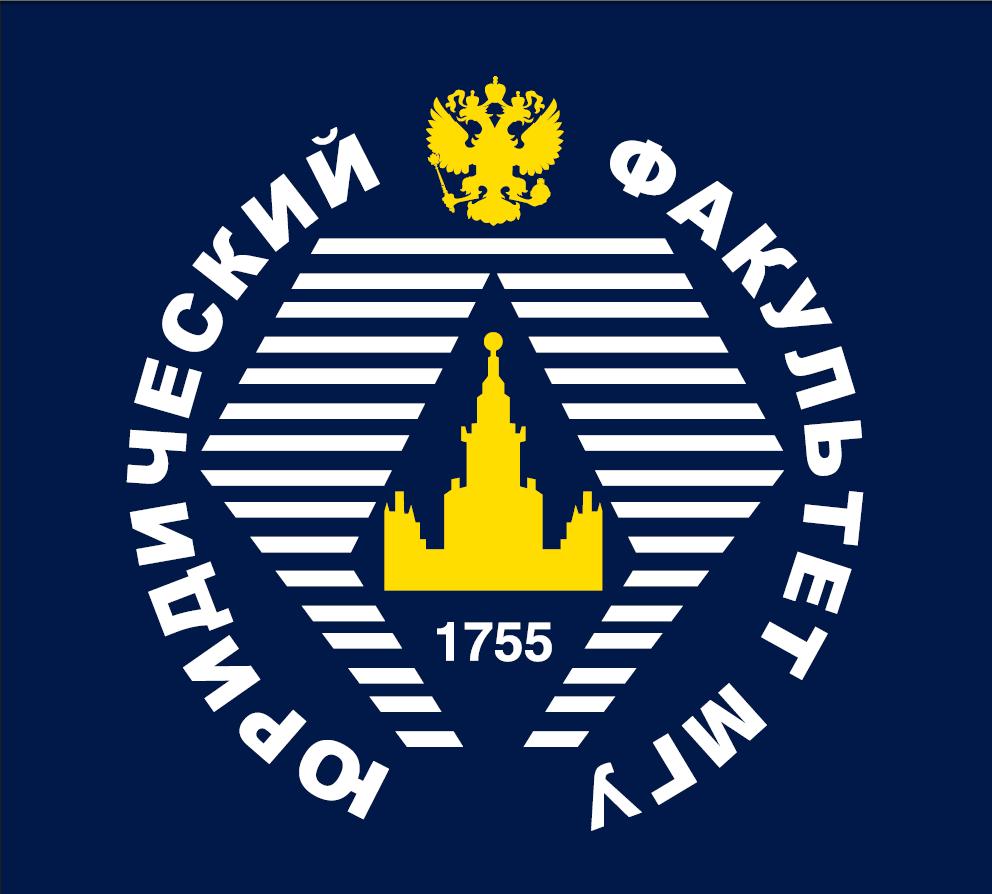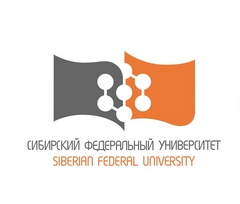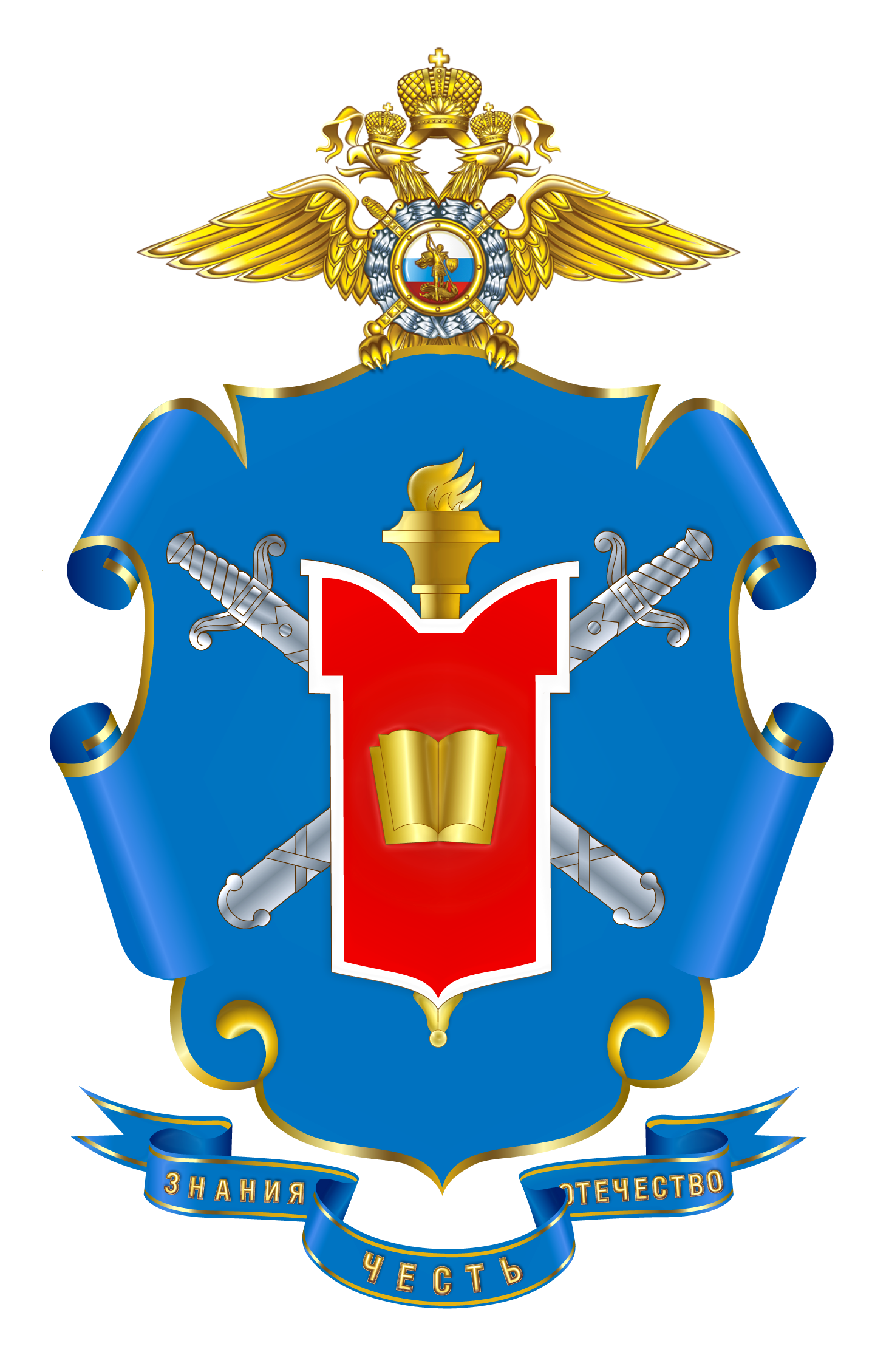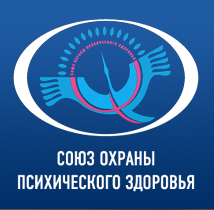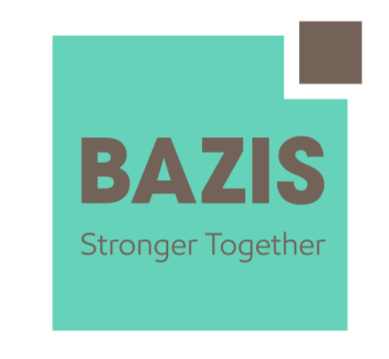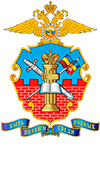«To save health, freedom and life, it is better to follow the principle of «do not steal»
With the spread of digital technologies, corruption has gained what is called a second wind. At the same time, cryptocurrency is becoming an increasingly popular tool, which is of great concern to the international community. The UN forum held recently in Beijing was devoted to fighting corruption in all its manifestations. Yuri Zhdanov, Professor, Juris Doctor, Head of the Department of International Law at the Russian State University of Social Sciences, Honoured Lawyer of Russia, spoke about the features of new corruption schemes.
– Yuri Nikolayevich, why is cryptocurrency so popular with corrupt officials?
– Corrupt individuals use the pseudo-anonymity and decentralized nature inherent in cryptocurrencies primarily for money laundering. Cryptocurrencies are used instead of the official banking system to move large sums of money, as legal gaps in the regulation of such transactions significantly reduce the risk of these transfers being detected.
– Why and who needs it, this cryptocurrency?
– Grandmothers at the doorstep certainly don’t need it. I will not go into details and conduct an educational program, but this financial instrument is in great demand on the international market. Here are the numbers — estimate! Thus, in 2023, more than 8 thousand (!) different cryptocurrencies with more than 300 million users around the world were recorded. At the same time, the cryptocurrency market is growing steadily. There are already international companies operating in cryptocurrency.
– That is, it will not be possible to simply ban cryptocurrency and thus radically get rid of the problem?
– Alas. Yes, there were ideas, theoretical justifications (including in Russia) and even attempts to outlaw cryptocurrency. Perhaps if most countries had united in this endeavour, cryptocurrency would have lost its circulation and conversion, and thus its meaning. But it was not meant to be, three factors played their role: differences in legislation, economic feasibility and market competition. No one thought about the fight against corruption.
This is why there is an urgent need to rapidly develop the legislative framework, expand the capacity of law enforcement agencies, and conduct educational work to reduce the risks associated with the criminal use of cryptocurrency.
– As far as I understand, this is what the Beijing UN Anti-Corruption Forum was dedicated to?
– Including. Much attention at the forum was paid to organizational issues. This is important: before deciding how to fight corruption, it is necessary to determine who should fight it.
– Has it been determined?
– Yes, and in a quite democratic way – by election. It has already been officially announced that the Prosecutor General’s Office of Russia has been elected to the Steering Committee of the Global Operational Network of Anti-Corruption Law Enforcement Authorities. In Beijing, on September 26, during the fifth plenary meeting of the Global Operational Network of Anti-Corruption Law Enforcement Authorities (GlobE), elections to the Steering Committee of the Network were held. The Prosecutor General’s Office of the Russian Federation was re-elected to it in the first round.
– How representative was the forum?
– The plenary session was attended by representatives of more than 150 bodies from about 100 states. In total, the events were attended by over 400 delegates, including representatives of INTERPOL, the Egmont Group, the International Anti-Corruption Academy, the International Association of Anti-Corruption Authorities, the World Bank and the Organization for Economic and Social Cooperation. A high-level forum was held, with more than 50 speakers of ministerial rank. Pyotr Gorodov, Deputy Prosecutor General of the Russian Federation, noted that, recognizing the leading role of the UN Convention against Corruption, it is necessary to consider the development of an Additional Protocol to it to expand its provisions governing asset recovery. He also pointed out that the Model Agreement on Information Exchange among Globe members and the introduction of a single online centre to facilitate access to analytical materials would help to accelerate the process. The vote was preceded by large-scale work carried out by the Prosecutor General’s Office of Russia together with the Russian Ministry of Foreign Affairs, dozens of bilateral meetings, including on the sidelines of the plenary session with the Prosecutor General of China, as well as with representatives of the competent authorities of India, Pakistan, Nigeria, Saudi Arabia, Sri Lanka, the United Arab Emirates and a number of other countries. Despite the difficult foreign policy situation, the majority of states supported Russia’s application for re-election to the Globe’s governing body, thus recognizing the role of our country in international cooperation, including in the anti-corruption area. Importantly, the vote was secret, so it reflects the real attitude towards Russia that countries can display without fear of possible pressure from Western States.
– Going back to the topic of corruption, is there any legal regulation of cryptocurrency?
– In most countries, yes. For example, back in December 2017, Belarus legalised cryptocurrency exchanges, operators of their exchange, mining, blockchain and other operations. And in January 2019, the first cryptocurrency exchange in the republic was opened. In 2021, at the initiative of the national investigative body, the Law of the Republic ‘On Amendments to the Codes on Criminal Liability’ supplemented the list of property that can be seized in the note to Article 132 of the Criminal Procedure Code of the Republic of Belarus with cryptocurrency. In order to implement the provisions of this article, the Instruction on the procedure for the use of virtual wallets in the Investigative Committee was approved by the order of the Chairman of the Investigative Committee of the Republic. The same document provides for the use of hardware crypto wallets in official activities, regulates the procedure for their configuration and functioning in the interests of official activities.
In June 2020, Kazakhstan signed a law that recognizes digital mining as a legitimate entrepreneurial activity, defines the concepts of digital assets and blockchain. The procedure for organisations to inform about digital mining activities was also determined. Similar legal regulation of blockchain technology and cryptocurrency exists in Kyrgyzstan.
In 2018, Iran recognized cryptocurrency mining as a legal industry and then in 2022 passed laws regulating cryptocurrency trading.
In 2020, Singapore legislatively provided cryptocurrency exchanges with the opportunity to obtain licenses to carry out digital financial transactions.
– But the legal regimes for cryptocurrencies vary significantly from country to country, don’t they?
– Yes, that’s what scammers do. Here is a typical example. Law enforcement authorities dismantled a criminal network that was a global financial pyramid scheme, one of the main instruments of which was the «VITAE» cryptocurrency. The crooks were mostly Belgian citizens who used a company under Swiss jurisdiction. A total of 1.1 million euros in cash and 1.5 million euros in cryptocurrencies were seized from the criminals during the search operation.
– And what about Russia? Is there legislation on cryptocurrency?
– The Federal Law “On Digital Financial Assets, Digital Currency and on Amendments to Certain Legislative Acts of the Russian Federation” came into force in our country in January 2021. The law establishes rules for the issuance and turnover of digital financial assets, including cryptocurrencies. Also, one of the innovations of the Russian legislation is the recognition of digital currency as property and the introduction of the obligation of employees to declare it and digital financial instruments.
Along with legal regulation, Russia is actively implementing the concept of a digital ruble, i.e. digital currency guaranteed by the Bank of Russia as a third form of money issued by the state along with cash and non-cash currency. A comprehensive approach to improving professional skills of law enforcement officers has also been developed within the framework of the federal project “Information Security” of the national programme “Digital Economy of the Russian Federation”.
– How is this legislation implemented in practice?
– Effective enough. For example, in 2021, the 2nd Western District Military Court handed down a guilty verdict to two former law enforcement officers who had extorted a million dollars in bitcoins. It was established that the defendants were investigating a criminal case against the former CEO of a print publishing house. The former officials demanded a bribe of more than 15 million rubles from his family, threatening new charges and the arrest of the defendant’s son in case of refusal.
In 2022 and the first half of 2023, a criminal case was in the proceedings of the investigating authorities on charges of a law enforcement officer committing a crime under part 4 of article 159 of the Criminal Code of the Russian Federation (Fraud committed by an organised group or on a particularly large scale). He also coveted cryptocurrency. It was established that the accused committed theft of bitcoins in the amount of more than 208 million rubles. The stolen cryptocurrency was seized during the preliminary investigation.
In Mordovia, a criminal case has been investigated on receiving a bribe in cryptocurrency by a law enforcement officer for failing to take measures to identify, suppress and disclose crimes related to drug trafficking.
In 2023, a criminal case was initiated in Tatarstan and is currently being investigated against a bankruptcy trustee under Part 4 of Article 204 of the Criminal Code of the Russian Federation, related to the use of a digital financial asset as an object of commercial bribery for waiving claims. The bribe in the form of digital currency was transferred by the bribe-giver to a crypto wallet specially created by the defendant.
Also in 2023, a criminal case under Article 290 of the Criminal Code of the Russian Federation (bribery) was initiated in Moscow and is currently being investigated against a law enforcement officer for accepting a bribe in the form of bitcoins from the defendants in the criminal case in order to prevent the seizure of all digital currency belonging to them stored on electronic media seized from them. During the search, a laptop was seized from the defendant, the examination of which revealed passwords to access crypto wallets with currency stored on them in the amount of more than one thousand BTC, equivalent to almost 24 million US dollars. The court seized, confiscated and transferred this digital currency to a different cryptocurrency wallet address. By the decision of the Moscow District Court on the claim of the Prosecutor General’s Office of Russia, the arrested cryptocurrency was turned into state income. Here is an interesting nuance: the basis for the confiscation of bitcoins was the official’s failure to provide evidence of their acquisition on legitimate income. The investigation of the criminal case continues. Alas, these are very few examples.
– That is, it turns out that the high latency of crimes with cryptocurrency remains?
– Yes, and this is worrying. After all, there is still no really developed legislation regulating all aspects of virtual currency turnover. This seriously affects the effectiveness of countering its illicit trafficking, including in the commission of corruption offences.
The Coordination Meeting of the Heads of Law Enforcement Agencies of the country «On the State of the Work of Law Enforcement Agencies in Identifying, Disclosing, Suppressing and Preventing Crimes, Investigating Criminal Cases Involving Unlawful Acts of Corruption» held on November 3, 2023 was devoted to this problem. The Prosecutor General of Russia drew attention to the fact that a new stage in the fight against crime for law enforcement agencies was marked by the adoption of legislation on the circulation of digital currencies. At the same time, due to the sporadic law enforcement practice, it was concluded that the difficulties in detecting such crimes are due to the fact that tracking digital currency transfers and identifying persons committing crimes with the usage of information and communication technologies are difficult. The main problem is that the financial companies involved are located outside of Russia.
– Is there a solution to this problem?
– There is, which was also discussed in the UN forum. It is important to bare in mind that cryptocurrencies are not anonymous. Each individual transaction is recorded on the blockchain, which is a ledger of all transactions distributed among all network users. Most blockchains are accessible, making transactions traceable. Yes, a number of services and methods can increase anonymity and hinder law enforcement investigations. The decentralisation of this financial system presents additional opportunities as it bypasses the role of a traditional central verification authority as well as geographical limitations. This not only enables rapid international transactions, but also provides an opportunity to exploit regulatory gaps between jurisdictions.
It seems that in order to improve such activities, it is necessary to establish interaction with cryptocurrency services, which, in turn, will increase the efficiency of law enforcement agencies in detecting and suppressing the illegal use of digital financial assets and digital currency.
– How could it possibly work?
– For example, one regional prosecutor’s office with the involvement of the Russian Federal Security Service officers established the fact that a law enforcement officer purchased digital currency in the amount of more than 28 million rubles on the Binance cryptocurrency exchange. Along with this, he spent on early repayment of mortgage obligations and the purchase of a car totalling over 9 million rubles. Where did the official get firewood from? These circumstances were revealed, among other things, by the possibilities of the information system of interdepartmental electronic interaction, as well as the information received from the cryptocurrency exchange.
– What other nuances of cryptocurrency circulation are not regulated by law?
– There are many of them. There are difficulties in determining the price of a particular type of cryptocurrency that involved in a crime. The procedure and mechanism for seizing cryptocurrency to enforce a judgement in terms of a civil claim, fine or other penalties and possible confiscation of property have not been regulated.
There are also problems in establishing the nature and extent of the damage caused to the victim by the crime committed. There is also no central authority responsible for the circulation of cryptocurrency.
– What international cooperation is expected in this area?
– At the international level, it is necessary to ensure that different states apply uniform approaches to regulating not only the legal status of cryptocurrency, but also the main framework standards for the processes related to their circulation including common requirements in the field of combating money laundering and th3e financing of terrorism. One of the effective counterbalances to the criminal use of cryptocurrencies may be the spread of digital currencies of national banks, such as the digital ruble, in countries around the world.
– By the way, what is the situation in the fight against corruption in China, where the UN forum was held?
– In 2023, 12 amendments were made to the Criminal Code of China regarding corruption. It is truly frightening to get into a corruption story in China, the punishments there are very severe, up to life imprisonment and the death penalty. Inspections of officials and employees of government agencies and private companies are not just thorough, but extremely meticulous and pedantic, whistleblowing is legalized and encouraged in every possible way. It is impossible to spend cash received in the form of a bribe in the country and it is also impossible to transfer it abroad. This is where interest in cryptocurrency comes in. Even official gifts are required by officials and businessmen to be handed over to the treasury. That is, even if the bribe-taker does his best to observe the 12th and 13th «commandments» – «do not yawn» and «do not get caught» – he still walks on the edge. Still, in order to save health, freedom and life, it is better to follow the principle «do not steal».






